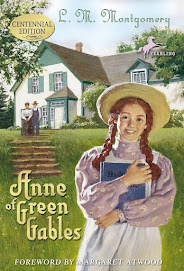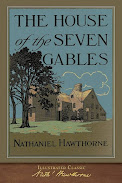St. Teresa of Avila, the 16th century Spanish Mystic, wrote in her book "Interior Castle" that it contains seven "mansions" or stages of spiritual progress. The penultimate mansion, the sixth, offers great trials including physical infirmity to the aspirant.
The next reference occurs in an allegorical way in John Bunyan's "The Pilgrim's Progress" when Christian is imprisoned in "The Doubting Castle" by Giant Despair.
The nineteenth century St.Therese of Lisieux also suffered the dark night of the soul towards the end of her short life of 24 years.
She was later declared one of only four female Doctors of the Church.
Interestingly, this phenomenon is not confined to Christianity. Swami Vivekananda, the Hindu spiritual leader also experienced it. "M", the author of "The Gospel of Sri Ramakrishna" records that the Swami told him that "there is no such thing as God." It should be remembered that this was during the last days of Sri Ramakrishna, who had already provided the Swami with many spiritual experiences.




